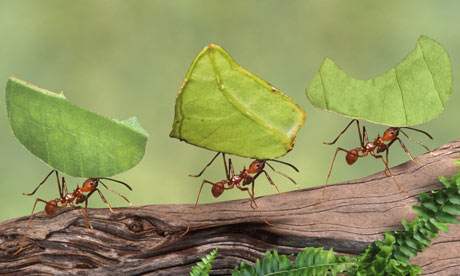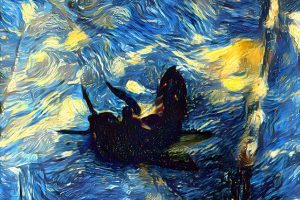Researchers at Arizona State University have discovered that a species of ant uses specific environmental characteristics when selecting habitats. The findings highlight the decision-making processes made by the insects.
Previous evolutionary theories have explained how animal species behave and make decisions in a way that is most likely to prolong life. It is believed that animals adopt various behaviours or rules, which simplify these decisions. For example, sources of food or water that are closer would be selected over those further away. However, when choices are more complex with multiple attributes to be weighed up, decisions become difficult to make.  One way to simplify this would be to rank attributes in order of importance, and select options which best match the top criteria.
In the study carried out by a team at Arizona State University, colonies of ants were exposed to artificial habitats and observed in their selection processes. Within the artificial environments were factors, which influenced colony decisions in a complex way, such as the levels of light and size of entrances. The team aimed to test whether or not past experience of certain attributes would influence future selections.
Stephen Pratt, co-author of the study compared the colony structure to that of a brain, with each ant possessing a role similar to that of an individual neuron. However, the exact mechanisms behind these processes remain unknown.
The research team at Arizona State University and others have observed that ant colonies operate on a collective basis, much like flocks of birds and shoals of fish. Humans are also known to make decisions collectively in some situations and the researchers hope that by explaining complex decision-making processes in animal species, some insight will be found into the mechanisms underlying human decision making.
Sophie Howells





Add Comment